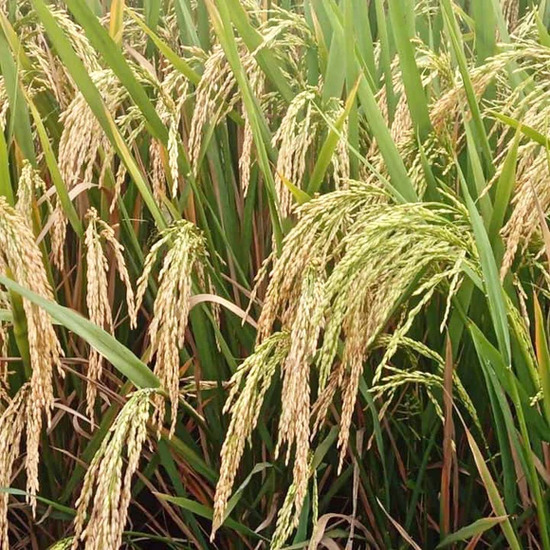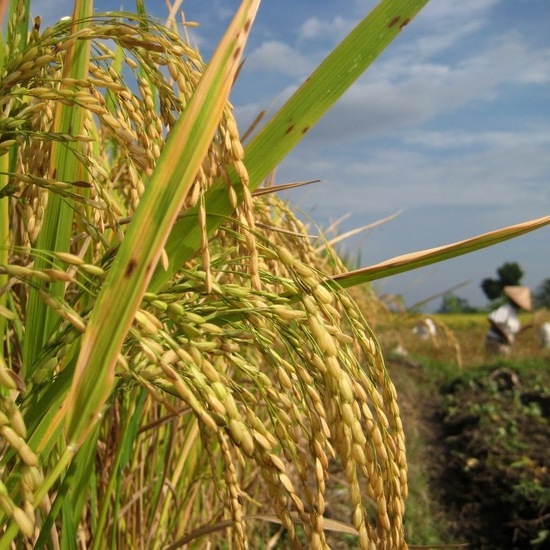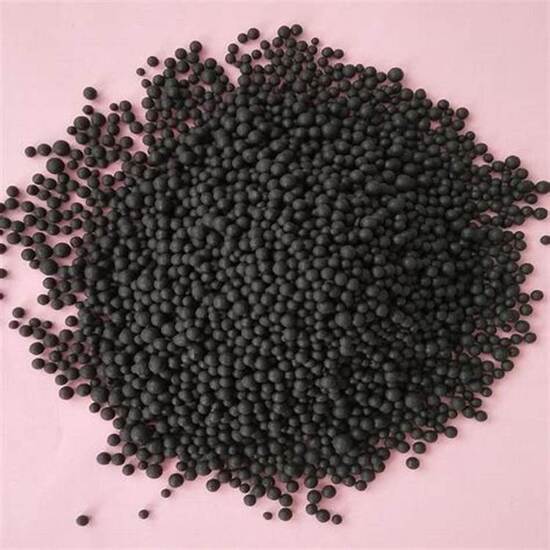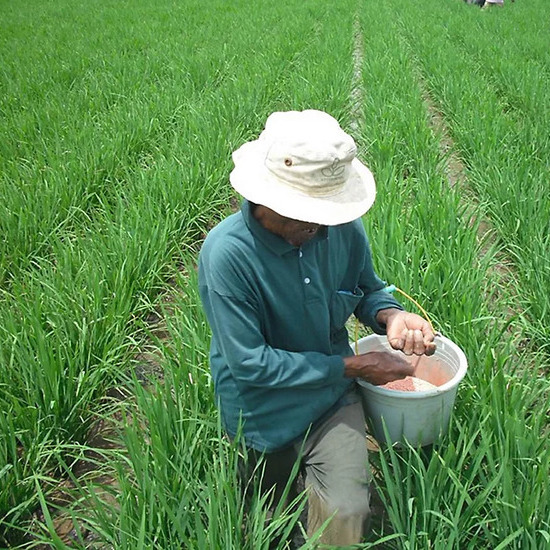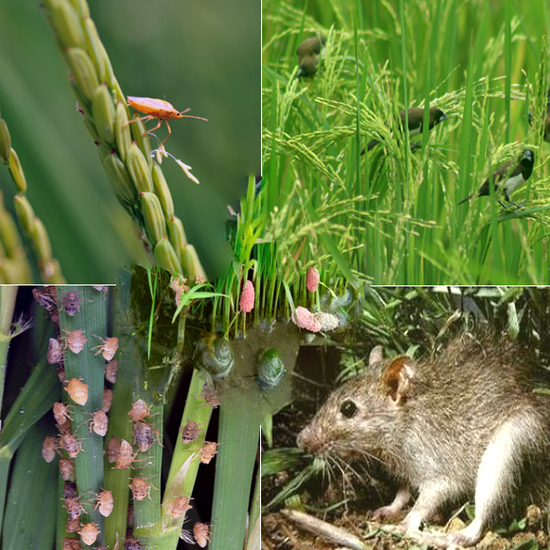Food Diversification: A Strategy to Reduce Dependence on Rice for Food Security
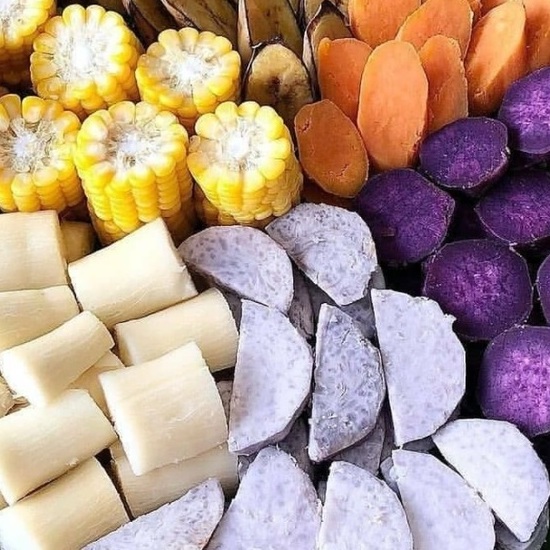
Food diversification is an important strategy designed to reduce dependence on one type of food, such as rice, in order to strengthen national food security. In Indonesia, rice consumption has reached a very high figure, namely 94.9 kg per capita per year. The high dependence of the community on rice poses a risk to food stability, especially if there is a disruption in rice production or distribution. Therefore, a food diversification movement is needed to encourage people to consume local non-rice carbohydrate sources such as corn, sweet potatoes, sago, and taro.
The Indonesian government is targeting to reduce rice consumption to 85 kg per capita per year by 2024. This effort is not only aimed at reducing dependence on rice, but also to support the development of local food micro, small, and medium enterprises (MSMEs). By consuming more local carbohydrate sources, people not only get more diverse health benefits, but also help improve the local economy by supporting MSMEs that produce and sell non-rice foods.
Food diversification has many benefits, including improving nutritional quality, reducing health risks due to excessive rice consumption, and strengthening the local economy. This article will comprehensively discuss the importance of food diversification, the strategies implemented by the Indonesian government, and how the community can contribute to this movement to achieve sustainable food security.
Rice Consumption in Indonesia
Rice consumption in Indonesia reaches 94.9 kg per capita per year, a figure that is much higher compared to other countries. High dependence on rice as the main source of carbohydrates has several negative implications, such as health risks due to lack of nutritional diversity and great pressure on the agricultural sector to continue increasing rice production. Therefore, reducing rice consumption and replacing it with other carbohydrate sources is an important step to improve people’s quality of life and maintain national food stability.
Local Non-Rice Carbohydrate Sources
Indonesia has a variety of local carbohydrate sources that can be utilized for food diversification, including corn, sweet potatoes, sago, and taro. Each of these food sources has unique advantages and nutritional benefits:
- Corn: Corn is a source of carbohydrates that is rich in fiber, vitamins, and minerals. Consuming corn can help reduce the risk of chronic diseases such as diabetes and heart disease.
- Sweet Potato: Sweet potatoes contain high levels of beta-carotene, vitamin C, and fiber, which are good for eye health, the immune system, and digestion.
- Sago: Sago is a source of carbohydrates that is rich in energy and easy to digest, often used in various traditional dishes in eastern Indonesia.
- Taro: Taro contains fiber, vitamin E, and potassium which are beneficial for heart and digestive health.
Rice Consumption Reduction Target
The Indonesian government has set an ambitious target to reduce rice consumption from 94.9 kg to 85 kg per capita per year by 2024. This effort includes various education programs and campaigns to encourage people to adopt a more diverse diet. The steps taken include:
- Education and Socialization: Educating the public about the benefits of food diversification through media campaigns, seminars, and training in various communities.
- Local Food Product Development: Encouraging MSMEs to develop and market innovative and high-value-added local non-rice food products.
- Increasing Accessibility: Ensuring the availability and accessibility of local food sources in markets, including traditional and modern markets.
- Farmer Assistance: Providing assistance and technical support to farmers to optimize local non-rice food production.
Benefits of Food Diversification
Food diversification is not only useful for reducing dependence on rice but also has various other benefits, including:
- Improving Nutritional Quality: Consuming a variety of carbohydrate sources can increase the intake of more diverse nutrients, such as fiber, vitamins, and minerals.
- Reduced Health Risks: A more diverse diet can help prevent chronic diseases associated with excessive rice consumption, such as diabetes and heart disease.
- Strengthening the Local Economy: Supporting local food MSMEs can help increase community income and create new jobs.
- Agricultural Sustainability: Crop diversification can reduce pressure on agricultural land and help maintain environmental sustainability.
Support from PT Matari Agro Indonesia
PT Matari Agro Indonesia plays an active role in supporting the food diversification movement through various agricultural consulting and training services. This company provides guidance and technical assistance for farmers and MSMEs to optimize the production and processing of local non-rice food sources. Some of the programs run include:
- Food Processing Training: Providing training to farmers and MSMEs on innovative and high-value local food processing techniques.
- Agricultural Consultant: Provides consulting services to help farmers adopt sustainable agricultural practices and crop diversification.
- Seedling and Technology Provision: Provides superior seeds and the latest agricultural technology to support more efficient and quality local food production.
Food diversification is an important strategic step to reduce dependence on rice and strengthen food security in Indonesia. By consuming more local non-rice carbohydrate sources such as corn, sweet potatoes, sago, and taro, people can gain more diverse nutritional benefits and support the local economy. PT Matari Agro Indonesia is committed to supporting this movement through various agricultural training and consulting programs. Let’s support food diversification together for a healthier and more sustainable future.
With food diversification, we not only maintain national food security but also ensure community welfare and environmental sustainability. Hopefully this information is useful and can be a guide for all of us in our efforts to support Indonesia’s food security.
Matari Agro Indonesia is one of the most affordable and farmer-friendly agricultural consulting companies in Indonesia. We provide top-class agricultural consulting services throughout the country with the help of a diverse team of scientists, operational experts, and technology. If you are looking for a better return on investment for your agricultural investment, contact the Matari Agro Indonesia team today!
